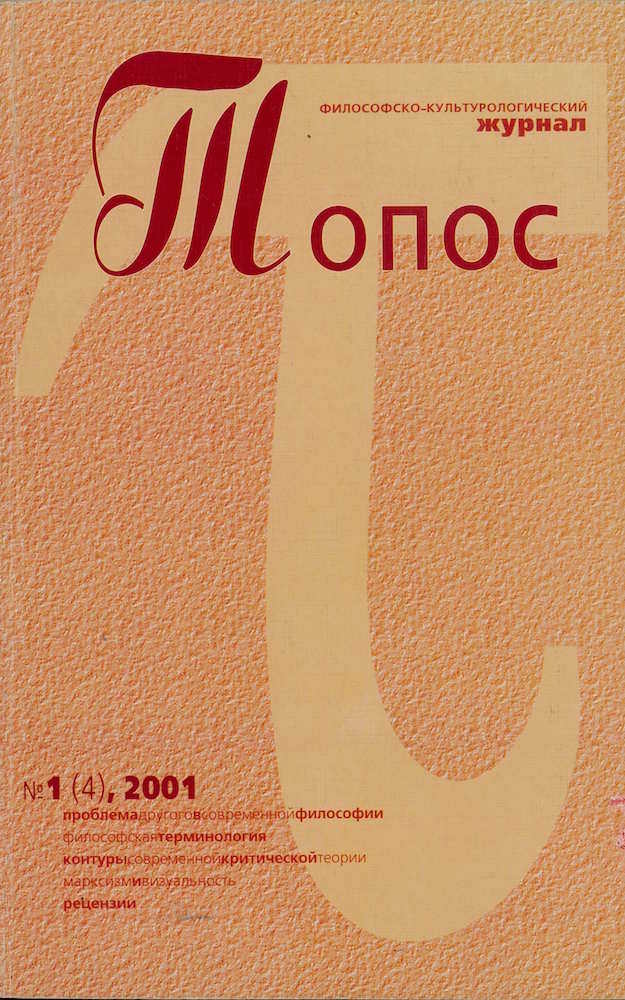Problems of Sense, Significance and Validity in the Bakhtin Circle
Article
Abstract
[In English]
The highly influential work of the Bakhtin Circle is founded upon a phi losophy of language derived from several different areas. These include the work of the Vossler School (Vossler, Spitzer) and the philosophers of language Anton Marty and Karl Bühler, who sought to develop the ideas of Franz Brentano on intentionality in a discursive direction.1 Ho wever, the Circle sought to recast the linguistic distinction between sen se and significance on the basis of the neo-Kantian paradigm of values and validity. Part of this enterprise was, however, presaged by a linguis tically exacerbated philosophical confusion between the Kantian notion of objective validity (objektive Gültigkeit) and the neo-Kantian notion
of a separate and underivable realm of validity (Geltung). This resulted in problems and ambiguities similar to those inherent to the phenome nological approach to meaning as developed by Husserl, who was him self caught between an anti-Kantian theory of intentionality derived from Brentano and a neo-Kantian validity-logic (Geltungslogik) (Schuh mann and Smith 1985). This question has gone unnoticed in recent years at least partly due to the rather inconsistent attempts to render key philosophical terms from Bakhtin’s work in English and, prior to this,
the ambiguities involved in Bakhtin’s own rendering of specific terms from German idealist philosophy in Russian, an awareness of which emerged from my own attempts to work out the principles for a harmo nised translation and critical edition of the work of the Bakhtin Circle.
I therefore ask the reader’s indulgence with the trilingual nature of the problems to be discussed below on the basis that the ramifications of disentangling these issues are of considerable importance for understan ding the work of this important group of intellectuals and recognising the problematic areas where their ideas need to be revised.
Downloads

This work is licensed under a Creative Commons Attribution-NonCommercial-NoDerivatives 4.0 International License.
This journal allows the author(s) to hold the copyright without restrictions. Topos Journal uses CC BY-NC-ND 4.0 license (license URL: http://creativecommons.org/licenses/by-nc-nd/4.0).



